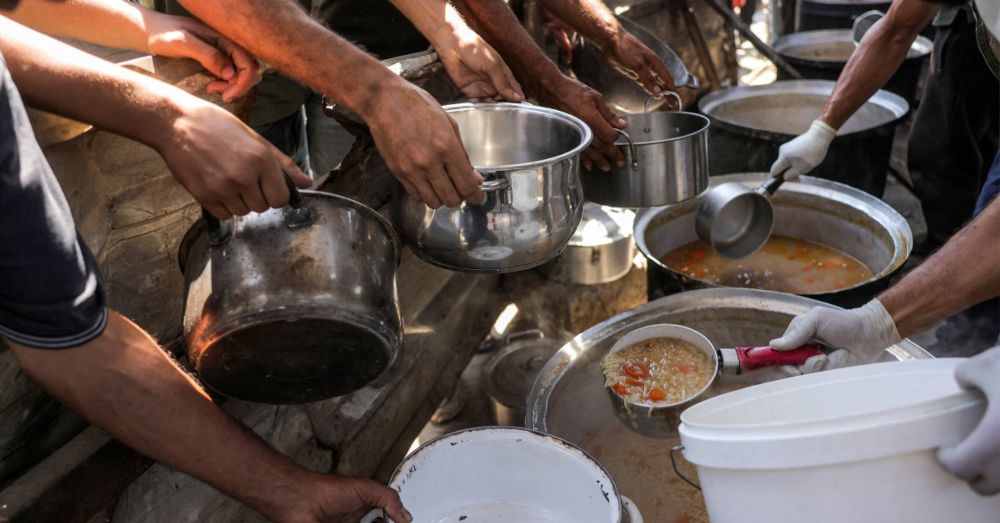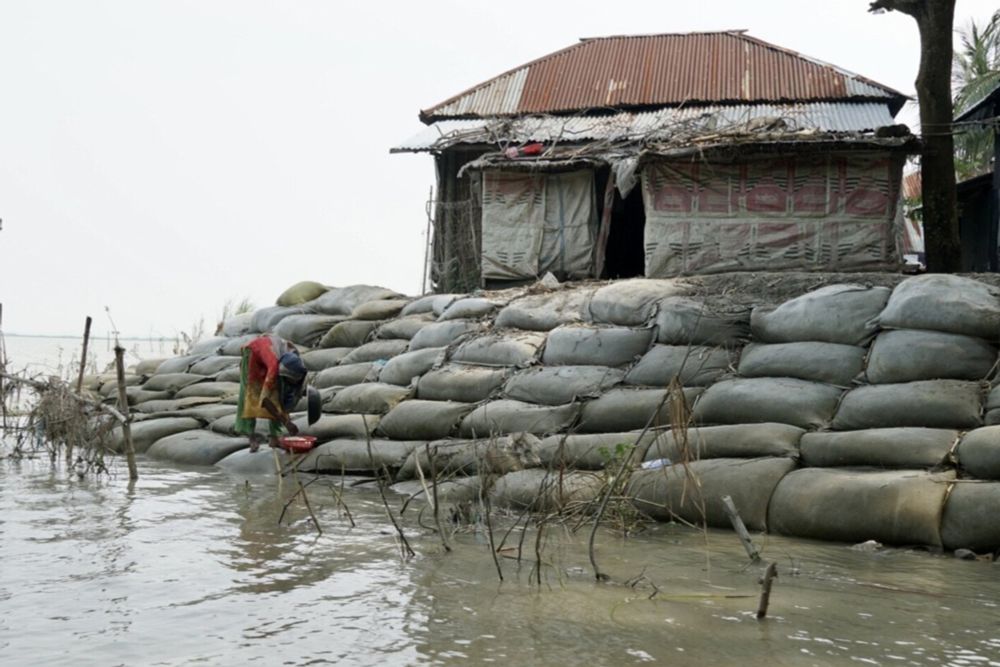@healthpolicy.stanford.edu
560 followers
1.8K following
53 posts
Stanford Health Policy: Interdisciplinary innovation, discovery and education to improve health policy here at home and around the world.
Posts
Media
Videos
Starter Packs
Reposted
Reposted
Reposted
Reposted
Stanford APARC
@aparc.stanford.edu
· Aug 20

Spending More, Gaining Less: Lowest-Income Koreans Derive the Least Value
Despite rising health care spending, adults in South Korea’s lowest-income quintile experience the smallest relative improvement in life expectancy and well-being, according to a new study. The…
buff.ly




















